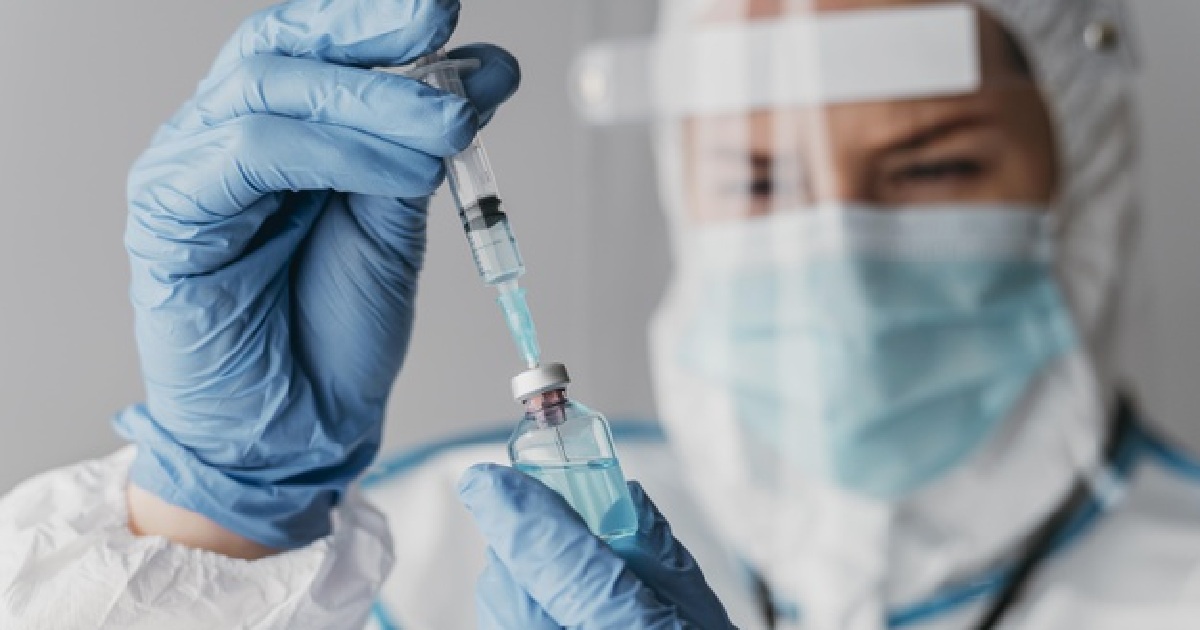Pfizer and BioNTech Begin Rolling Submission of Biologics License Application for FDA Approval of COVID-19 Vaccine in the U.S
Pfizer, BioNTech | May 10, 2021

Pfizer Inc. and BioNTech SE confirmed today the filing of a Biologics License Application (BLA) with the US Food and Drug Administration (FDA) for approval of their mRNA vaccine to prevent COVID-19 in people aged 16 and above. Companies will send data to help the BLA to the FDA on a rolling basis in the coming weeks, along with a proposal for Priority Review. If the BLA has been completed and duly approved for review by the FDA, the FDA will set a target date for a determination under the Prescription Drug User Fee Act (PDUFA).
The Pfizer-BioNTech COVID-19 Vaccine is now available in the United States under an Emergency Use Authorization (EUA) issued by the Food and Drug Administration (FDA) on December 11, 2020. Since then, the firms have distributed more than 170 million doses of the vaccine in the United States. The next step in the comprehensive FDA evaluation process is the submission of a BLA, which includes longer-term follow-up data for acceptance and approval.
Pfizer and BioNTech started the BLA process by providing the nonclinical and clinical data needed to justify the licensure of the COVID-19 vaccine for use in people aged 16 and up. This covers the most recent analyses from the pivotal Phase 3 clinical trial, in which the vaccine's effectiveness and safety profile were detected up to six months after the second dose. In the coming weeks, the companies will submit the required manufacturing and facility details for licensure, completing the BLA.
Pfizer and BioNTech have since submitted to expand the new EUA for their COVID-19 vaccine to cover individuals aged 12 to 15. The firms plan to send a supplemental BLA to facilitate vaccine licensure in this age group until the requisite data is available six months after the second vaccine dose.
BioNTech and Pfizer collaborated to create the Pfizer-BioNTech COVID-19 Vaccine, which is built on BioNTech's patented mRNA technology. BioNTech is the European Union's Marketing License Holder, as well as the holder of emergency use authorizations or similar in the United States (along with Pfizer), the United Kingdom, Canada, and other countries in advance of a planned application for full marketing authorizations in these countries.
The Pfizer-BioNTech COVID-19 Vaccine has not been authorized or licensed by the United States Food and Drug Administration (FDA), but it has been authorized for emergency use by the FDA under an Emergency Use Authorization (EUA) to prevent Coronavirus Disease 2019 (COVID-19) in people aged 16 and up. The emergency use of this product is only permitted for the duration of the declaration the circumstances justify the authorization of emergency use of the medical product under Section 564 (b) (1) of the FD&C Act until the declaration is terminated or the authorization is revoked sooner.
About Pfizer
At Pfizer, they utilize science and its global resources to deliver treatments to patients that significantly extend and change their lives. In the discovery, development, and manufacture of health care products, including innovative medicines and vaccines, they aim to set the benchmark for consistency, safety, and value. Every day, Pfizer colleagues collaborate in developing and emerging markets to advance wellness, prevention, treatments, and remedies for today's most feared diseases. As one of the world's leading innovative biopharmaceutical firms, they partner with health care providers, governments, and local communities to promote and improve access to reliable and affordable health care around the world.
About BioNTech
Biopharmaceutical New Technologies is a next-generation immunotherapy firm that is developing novel cancer and other severe disease therapies. For the accelerated production of new biopharmaceuticals, the company makes use of a diverse set of computational discovery and therapeutic drug platforms. Its oncology product candidates include individualized and off-the-shelf mRNA-based therapies, innovative chimeric antigen receptor T cells, bi-specific checkpoint immuno-modulators, targeted cancer antibodies, and small molecules from Fosun Pharma and Pfizer.